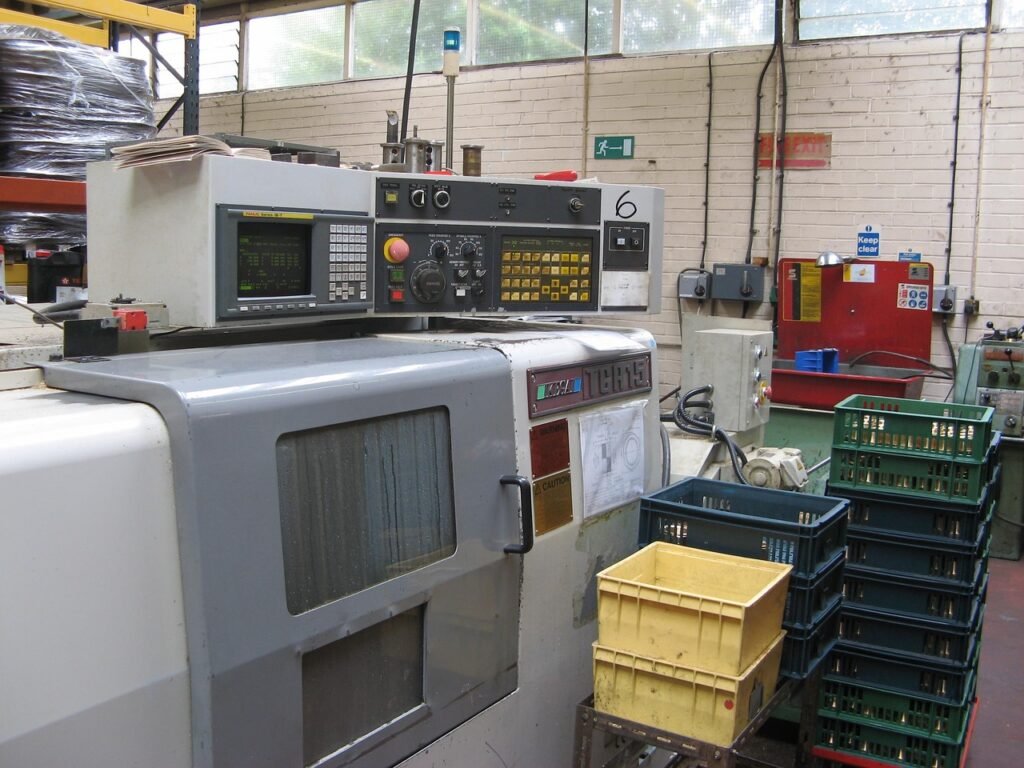
A reliable manufacturing workflow is essential to maintain high-quality production standards while minimizing disruptions and inefficiencies. Several critical components work together to ensure smooth operation within manufacturing environments. From equipment reliability and quality assurance to process optimization, these aspects ensure consistent outputs while meeting regulatory requirements. Here, we’ll explore key components of a reliable manufacturing process, and why they are indispensable in industrial operations.
Streamlined Supply Chain Management
An organized and responsive supply chain is the backbone of a reliable manufacturing workflow. Effective communication between suppliers, distributors, and production teams is essential to minimize delays and maintain efficient operations. Timely procurement of raw materials ensures consistent production schedules, avoiding bottlenecks in the process. Additionally, modern manufacturing processes use digital supply chain tools to monitor and predict material availability. This proactivity ensures continuity in operations and reduces the risks associated with delayed deliveries.
Quality Assurance with Microbial Testing
Quality assurance processes ensure products meet desired standards and specifications before they reach customers. Microbial testing plays a critical role in ensuring product safety and quality, particularly in industries like food production, pharmaceuticals, and cosmetics. Companies specializing in microbial analysis, such as ICCAT (Cleanroom Certification and Test), provide these services. Companies can partner with certified testing facilities or invest in in-house testing equipment to ensure their quality assurance systems are robust.
Enhancing Operational Efficiency with Automation
Efficiency improvements through automation are pivotal in streamlining manufacturing workflows. Automated systems support consistency by reducing human errors and increasing production speed. Machines equipped with AI-driven technologies can monitor equipment performance and identify recurring inefficiencies. Additionally, automation enhances workforce utilization by assigning repetitive tasks to machines, allowing human resources to focus on more strategic activities. These upgrades in operational efficiency solidify the foundation of a reliable workflow, bolstering competitiveness in the marketplace.
Equipment Reliability with ELGi Compressor Parts
Equipment reliability is essential in any manufacturing workflow, as downtime can lead to major production losses. High-quality ELGi compressor parts play a key role in maintaining reliability for industries relying on compressed air systems. These components are designed for durability and optimal performance, reducing the risk of mechanical failures. Genuine ELGi parts, available through companies like Central Air Compressor Co, ensure consistent operations, improved energy efficiency, and lower long-term maintenance costs. By sourcing parts from trusted suppliers, facilities can avoid costly interruptions and maintain productivity with confidence.
Precision Monitoring Through Predictive Maintenance
Predictive maintenance is crucial for assessing equipment performance and preventing unplanned disruptions in manufacturing workflows. Advanced monitoring systems collect real-time data to analyze machinery health and predict potential failures. This proactive approach allows facilities to address minor issues before they escalate into major problems. Predictive maintenance minimizes production downtime, extends equipment lifespan, and optimizes resource allocation. This focus on precision monitoring enhances both productivity and reliability in manufacturing environments.
Continuous Staff Training and Collaboration
A skilled workforce is an often overlooked, yet essential element of manufacturing reliability. Ongoing training initiatives equip staff with updated knowledge of technological advancements and operational procedures. Employees trained in identifying and resolving common challenges can contribute to smoother workflow execution. Furthermore, fostering collaboration between engineering, quality control, and production teams improves problem-solving and innovation. Strong teamwork results in better decision-making and more adaptable manufacturing processes that remain resilient under pressure.
Each element, from reliable equipment to collaborative training programs, strengthens the reliability of a manufacturing workflow. Together, these components address critical areas like quality assurance, resource optimization, and operational continuity. Businesses investing in such cohesive systems position themselves to meet production targets effectively, while maintaining the highest standards. By incorporating advanced technologies like automation and predictive maintenance, manufacturers can remain competitive and ready to tackle the future.
